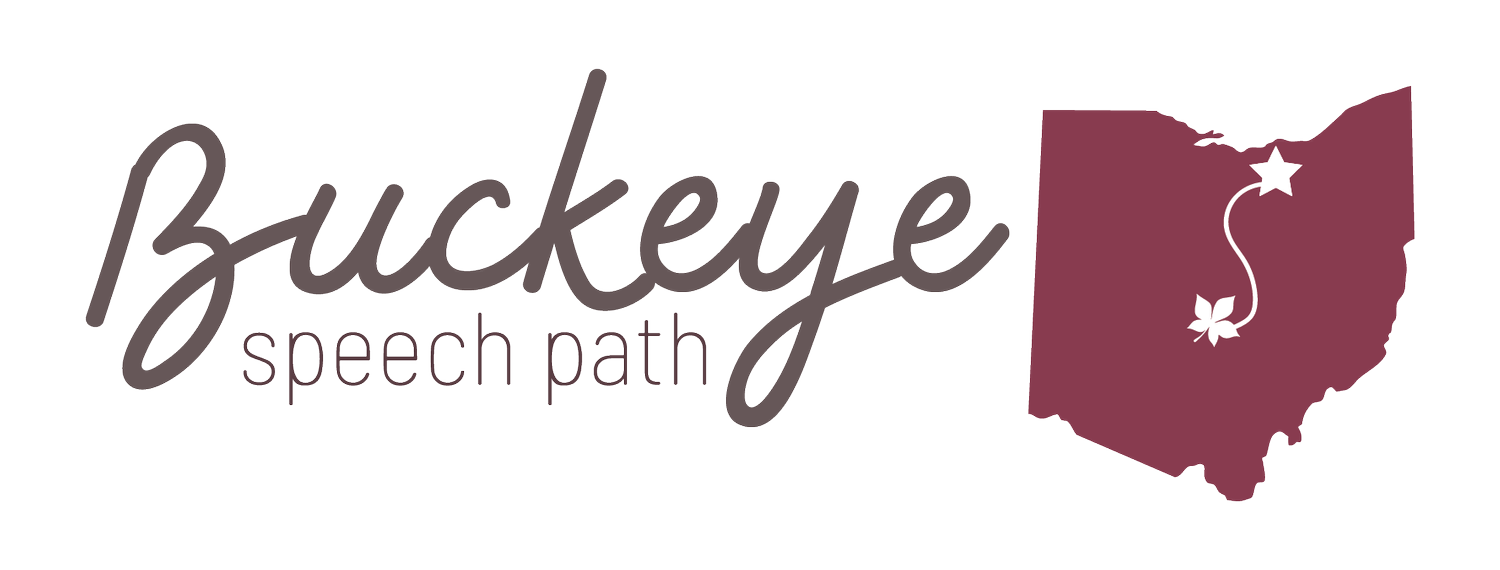Supporting Communication by Supporting Caregivers
This November, as we recognize National Family Caregivers Month, we are reminded that behind every person working to strengthen their communication is someone walking alongside them. Whether it’s a parent supporting a child with speech delays, a caregiver guiding a loved one through stroke recovery, or a family member navigating the evolving needs of someone with a progressive neurological condition—caregiving is both an act of love and an ongoing challenge.
For Families Supporting Children With Communication Difficulties
Caregivers play a crucial role in building a child’s communication confidence. Daily routines, shared play, and simple back-and-forth conversation at home provide opportunities that therapy alone cannot replace. When caregivers learn strategies from speech therapy—such as modeling language, pausing to allow more response time, or using visual supports—their child has more chances to practice meaningful communication across real-life situations. Small moments, repeated often, make a real difference.
For Those Caring for Teens and Young Adults on the Autism Spectrum
Caregivers of autistic teens and young adults often balance fostering independence with providing continued support. These individuals may be highly verbal yet still experience challenges in social language, self-advocacy, or navigating the expectations of school, work, and relationships. Caregivers can help by gently coaching communication skills, encouraging self-expression, and honoring their loved one’s unique communication style. Respecting neurodiversity—and celebrating strengths—is central to meaningful support.
For Caregivers of Stroke Survivors
The communication journey after a stroke can be emotional and unpredictable. Caregivers often become partners in recovery, helping reinforce strategies learned in therapy, adjusting routines, and supporting motivation. Communication partner training—learning how to slow down, simplify messages, or use gesture and visual cues—can reduce frustration for both the survivor and the caregiver, making conversation feel more successful and connected.
For Those Supporting Loved Ones With Progressive Neurological Illness
Conditions such as Parkinson’s, ALS, or dementia may bring gradual changes in speech, memory, or word-finding. Caregivers often find themselves adapting continuously. Communication tools like picture boards, written reminders, AAC devices, or even agreed-upon gestures can help maintain connection and dignity. The goal is not perfection—it is preserving relationships through change.
Caregiving Is Communication
Every encouraging word, every patient pause, every moment spent making space for expression is a powerful form of support. Caregivers don’t just help others communicate—they help them feel heard.
This month and always, we honor the caregivers who show up every day:
With patience
With resilience
With love
Your role is essential.
Your work is meaningful.
And you are not alone.
Buckeye Speech Path is still accepting new clients in all of the areas mentioned above. If you have a need for additional support, please reach out to our very talented and caring team. We prioritize supporting not only your loved one in their communication journey, but also helping you think about ways to stay on top of your own self care.
We get it, on a personal and professional level, as many of us have walked, or are walking, a similar caregiving journey like you. We are ready to be on your team!
So much love, admiration, and respect to all of the Caregivers out there!
~Nikki Sizler
Lead SLP & Owner of Buckeye Speech Path
